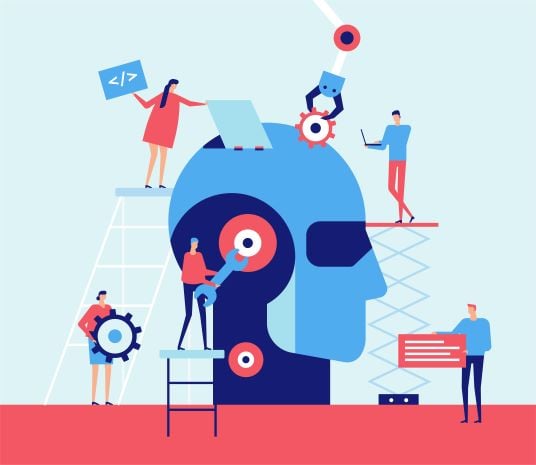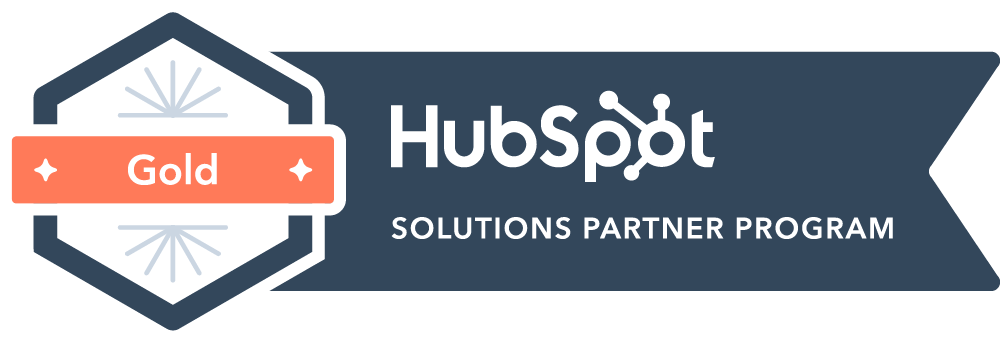4 Ways Artificial Intelligence will Impact Healthcare
Table of contents
Artificial intelligence (AI) plays a powerful role in almost every area of our lives. From smartphones, online advertising, navigation, travel, banking and smart home devices --AI is in every industry, including healthcare.
But while AI is actively used in healthcare today, it is still being developed for more advanced use in diagnostics and treatment. Here are just four ways in which developing AI innovations will allow better health outcomes to be at hand.
-
Brain-Computer Interfaces
Brain-computer interfaces (BCIs) backed by artificial intelligence are revolutionizing the ability to restore functionality, including speech and movement, to people who are affected by neurological diseases or nervous system damage caused by strokes or spinal cord injuries.
According to Leigh Hochberg, MD, PhD, Director of the Center for Neurotechnology and Neurorecovery at Massachusetts General Hospital, “by using a BCI and artificial intelligence, we can decode the neural activities associated with the intended movement of one’s hand, and we should be able to allow that person to communicate the same way as...people in this room using a ubiquitous communication technology like a tablet computer or phone.”
BCIs and artificial intelligence hold the potential to change the lives of more than 500-thousand people affected by a debilitating disease or accident every year.
-
Advancement in Radiology Imaging
.png?width=1308&height=589&name=pasted%20image%200%20(2).png)
AI is showing promise to allow doctors to obtain the same information from radiological images, such as x-rays, MRI machines, and CT scanners, as they would from actual human tissue samples. The analytical component of AI can assess with clarity each individual pixel of an image, information that, on large-scale images, would escape the human eye.
This innovation may eliminate tissue sampling and the inherent risk of infection. For people suffering from cancer, it could be used as a “virtual biopsy” that would allow doctors to understand the phenotypes and genetic properties of tumors and better assess the aggressiveness of their patients’ cancers, thereby providing more effective treatments.
-
Electronic Health Records--Reducing Clinician Burnout
AI is already a big part of electronic health records (EHRs) tracking and assisting patients throughout their care journey. It’s also evolving to help reduce physician and clinician burnout related to order entry and clinical documentation.
AI is currently being developed to make routine processes and documentation more efficient and convenient. For instance, AI may be able to automate response requests for medication refills and test results. This may allow clinicians to prioritize tasks and better manage to-do lists.
With the help of AI, there may also be some shifts in the way information is recorded and organized in EHRs. According to Adam Landman, MD, Vice President and CIO at Brigham Health, “I think we may need to be even bolder and consider changes like video recording a clinical encounter...and then you can use AI and machine learning to index those videos for future information retrieval.”
-
Alleviating Medical Staffing Shortages
.png?width=1308&name=pasted%20image%200%20(3).png)
Medical staffing shortages are not new, especially in developing regions around the world.
With the adoption of AI, some tasks and procedures such as screening x-rays to diagnose tuberculosis can be achieved. The results are easily accessible through a phone application for providers working in low-resource regions.
This is just a sampling of ways AI is impacting healthcare. AI innovations are ever-evolving, and technological advances are aimed at improving healthcare for all. Will AI achieve that goal? Only time will tell.
Search








